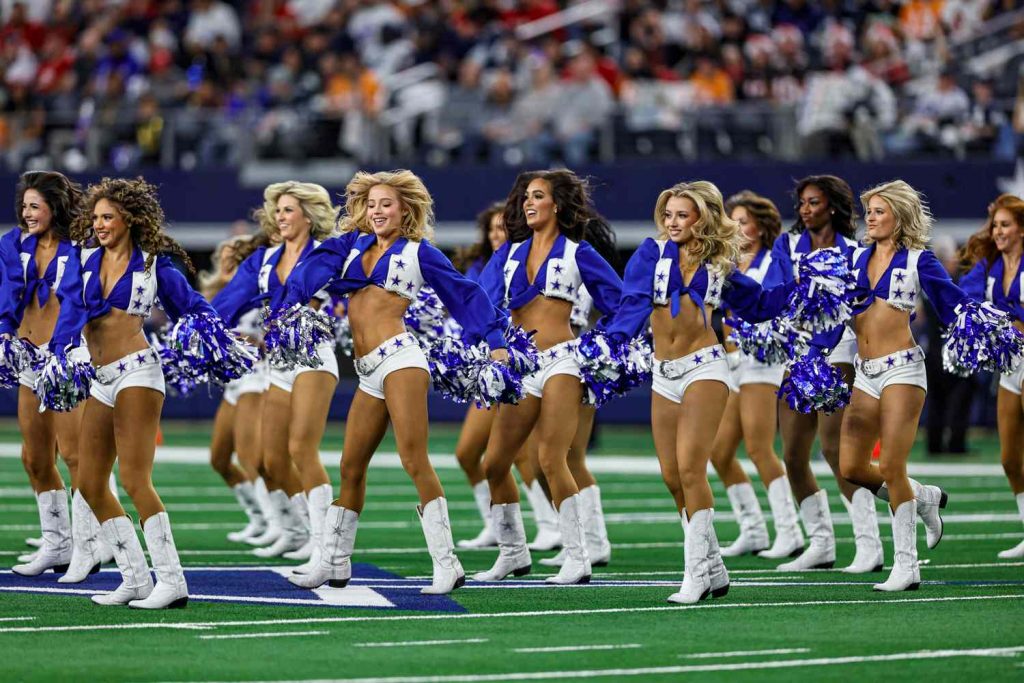In a surprising turn of events, the Dallas Cowboys Cheerleaders have recently received a significant pay raise, a change that has sparked widespread interest and discussion. This 400% increase in their salary has raised questions about the factors that contributed to this decision. Some speculate that Netflix, with its increasing influence in sports-related content, might have played a role in this development. Let’s explore the details behind the Dallas Cowboys Cheerleaders’ pay increase (Did The Dallas Cheerleaders Get A Raise).
The Dallas Cowboys Cheerleaders, one of the most iconic cheerleading squads in the NFL, have long been in the spotlight. However, despite their fame, their compensation has often been criticized as insufficient. The recent 400% salary increase is a significant improvement for the cheerleaders, who have historically been underpaid compared to other NFL professionals. This change reflects a growing recognition of their contribution to the team’s brand and the entertainment they provide to fans.
With Netflix’s increasing involvement in sports documentaries and series, some industry insiders have speculated that the streaming giant may have influenced the decision to raise the cheerleaders’ pay. Netflix’s recent docuseries on cheerleading, which highlighted the intense dedication and skill required in the sport, has brought renewed attention to the issue of fair compensation for cheerleaders. While there is no concrete evidence linking Netflix directly to the pay increase, its influence in shaping public perception and raising awareness cannot be ignored.
The pay hike for the Dallas Cowboys Cheerleaders could set a precedent for other NFL teams and professional sports organizations to follow. Increased awareness and public scrutiny may lead other franchises to reevaluate their cheerleaders’ compensation packages. This move could encourage discussions about fair pay and labor rights within the sports industry, potentially leading to more comprehensive changes across the board.
As the conversation about fair pay for cheerleaders continues, it is crucial to consider the broader implications for the industry. The Dallas Cowboys Cheerleaders’ pay increase might inspire other cheerleaders to advocate for better compensation and work conditions. Increased media attention and public support could be pivotal in driving these changes, ensuring that cheerleaders receive the recognition and pay they deserve.
In conclusion, while Netflix’s direct involvement in the Dallas Cowboys Cheerleaders’ pay hike remains speculative, the streaming service’s influence on public discourse around cheerleading cannot be denied. This significant pay increase marks a positive step toward addressing long-standing issues of fair compensation in the industry. As more attention is focused on the role and value of cheerleaders, it is hopeful that similar changes will follow suit in other teams and organizations.

